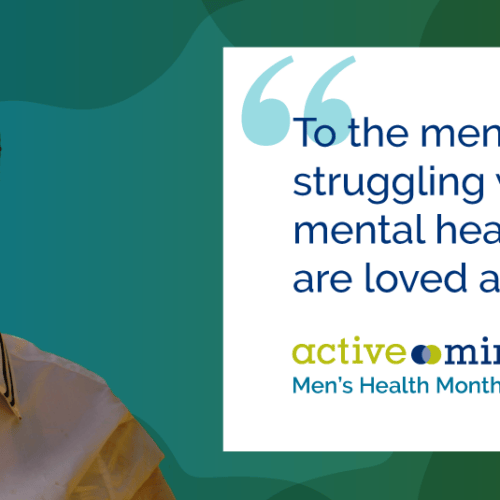As an educator in the classroom and a former principal on the South Side of Chicago, I’ve seen firsthand the challenges that students and staff alike face. American Education Week provides a crucial opportunity to shed light on an issue that continues to be ignored: the need to support the mental health of both students and educators.
In schools, the traditional focus on academic achievement must evolve to include the holistic well-being of everyone who walks through those doors. The American education system needs to be full of mental health champions. And it can be. Below are a few simple ways that school boards, administrators, and communities can invest in creating a healthy and thriving school environment for students and staff alike.
Supporting Students’ Mental Health
- Cultivate a Safe, Structured, and Inclusive Environment: Invest in a school environment where students feel safe and valued. Foster an inclusive atmosphere, free from discrimination and harm. Creating this kind of environment provides structure and routine for students. Trust is started early in the school year as a result. In addition, implementing programs and workshops that promote diversity, equity, and inclusion can make a significant difference for staff.
- Encourage Open Communication: Students deserve a safe space to discuss their feelings and concerns. Students thrive in a predictable and reliable learning environment. Foster open dialogue by establishing peer support systems, counseling services, and mental health resources. By normalizing conversations around mental health, students will be more likely to reach out when they need assistance.
- Incorporate Mindfulness and Stress-Reduction Techniques: Teach students techniques for managing stress and anxiety. Simple practices like mindfulness meditation, deep breathing exercises, or yoga can go a long way in helping students cope with the pressures of academic life.
Supporting Educators’ Mental Health
- Offer Professional Development and Training: Equip staff with the knowledge and skills they need to address students’ mental health and ways they can support their own. Training on recognizing signs of distress, offering support, and managing their well-being will equip teachers to conquer the challenges they endure. Engage in innovative thinking when it comes to staff wellness events. Occasionally, set aside professional development time and invite staff to participate in a wellness activity.
- Create a Supportive Work Environment: A school’s leadership plays a significant role in creating a supportive atmosphere for staff. Encourage collaboration, flexibility, and work-life balance. Acknowledge and celebrate their achievements regularly.
- Provide Access to Resources: Ensure that teachers have access to mental health resources and support networks. Establish a confidential avenue for seeking help and counseling services. Let them know that their mental health matters and that seeking help is not a sign of weakness. In preparation for this, understand the mental health offerings available through health benefits, city/state resources, and beyond, and then share them with your staff.
Schools can no longer afford to focus solely on academics and student achievement while ignoring the mental health of both students and staff. The burdens of everyday life that we all carry do not disappear when we enter the school building. Students must learn, and teachers must teach, but these responsibilities aren’t a license to ignore the critical need to address mental well-being.
No longer are Teacher Appreciation Week festivities or dress-down days enough to support our educators. The challenges we face are beyond teacher burnout and the setbacks brought on by the pandemic. We are facing a crisis that demands immediate attention. Our teachers and students need more support from local school districts, state officials, and our federal government. It’s time to prioritize mental health in education, not just for one week, but as an ongoing commitment to the well-being of our community. Together, we can make a difference and provide the support our students and staff deserve.







